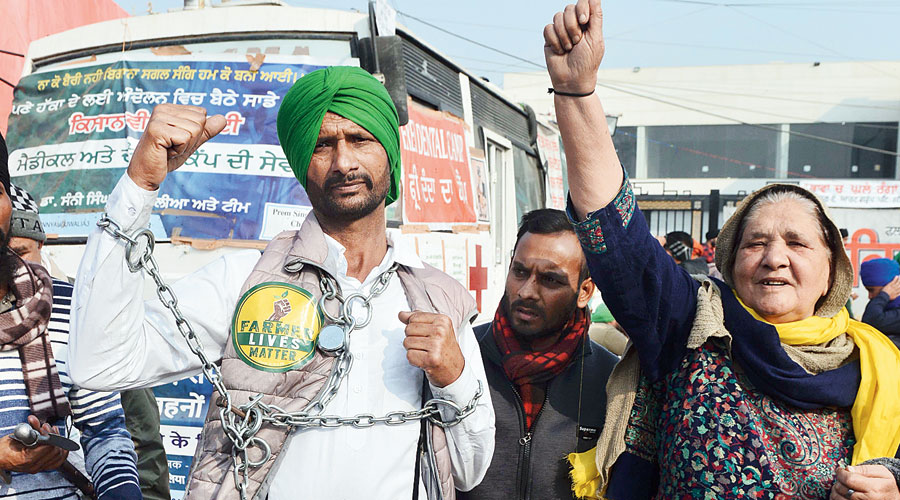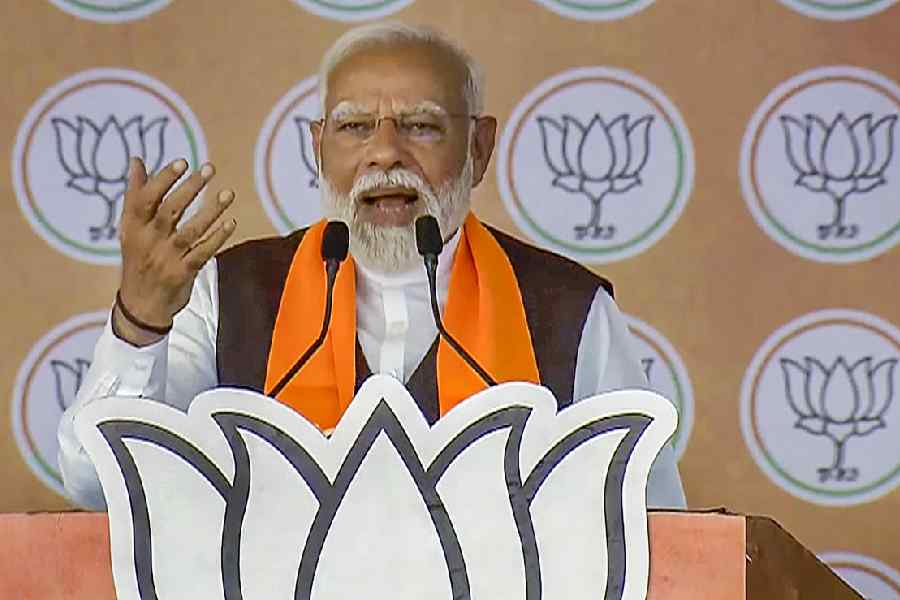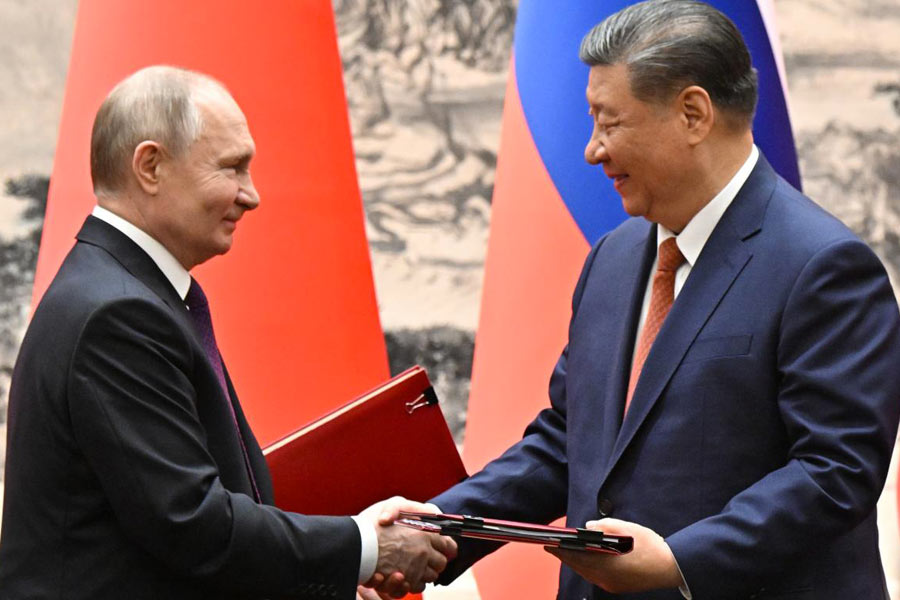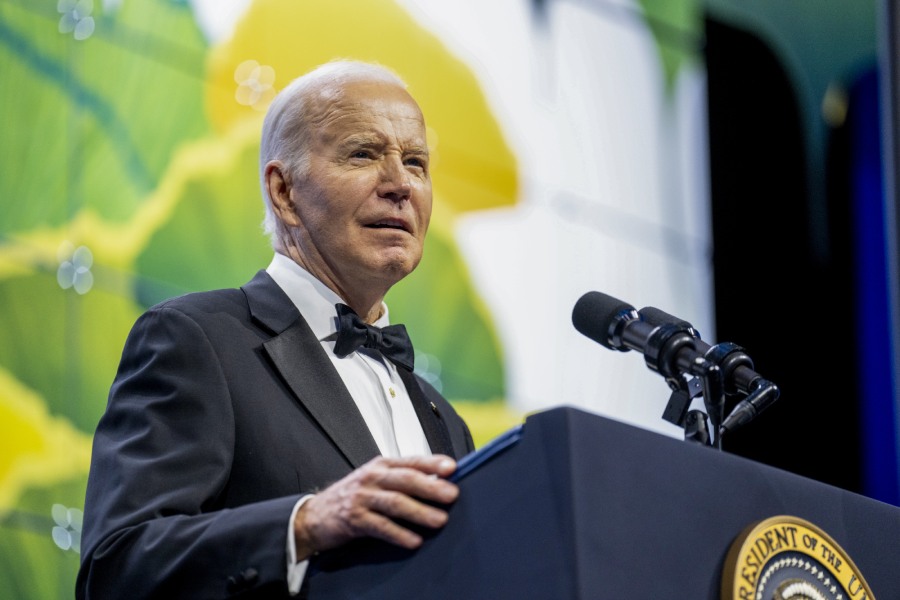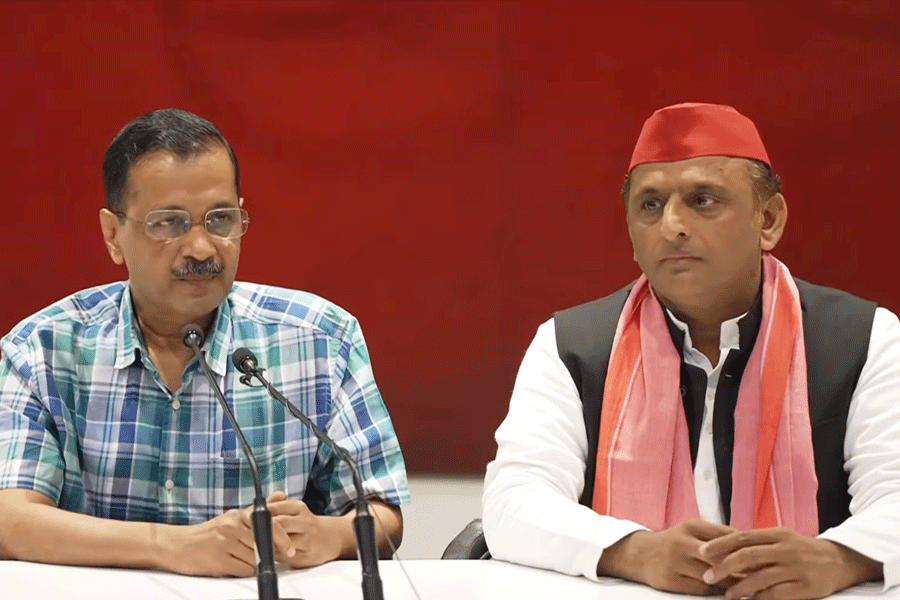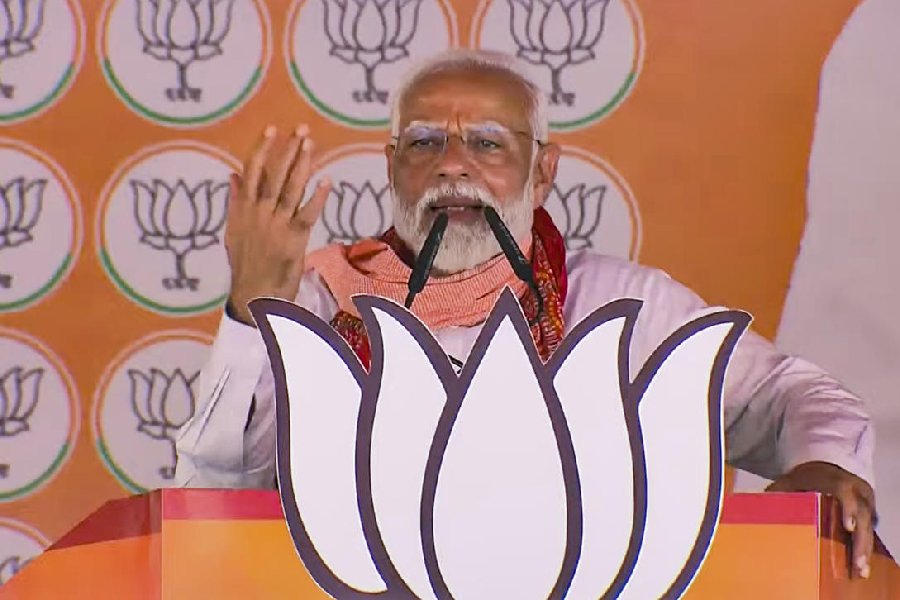An eminent historian on Monday suggested it was “legitimate” for political parties to participate in farmer movements and that past agitations similar to the current one had achieved success through association with political activists and organisations.
Mridula Mukherjee’s comments come at a time the central government has tried to discredit the ongoing agitation against the three new farm laws by saying it is backed by political parties and is therefore not a genuine movement of farmers.
Mukherjee was delivering the S.C. Mishra Memorial Lecture on “Punjab Kisan Protests: A Legacy of Heroic Non-Violent Resistance” at a webinar organised by the Indian History Congress.
She said that farmers of Punjab, who are leading the current protest, had a century ago staged a series of agitations against the British in association with political parties of the time, and on a similar issue as the present one.
“The current protest resonates with the past,” Mukherjee said.
In 1907, Punjab had witnessed the “Pagdi Sambhal Jatta” (Preserve your self-respect, farmer) movement against three measures by the British government, including the Punjab Land Colonisation Bill introduced in 1906.
All three measures had sought to reduce farmers to contract workers on their own land — which the farmers now agitating near the Delhi border fear the new farm laws will do.
The British government had earlier dug canals to take water from the River Chenab to Lyallpur, which is now in Pakistan, and persuaded peasants from Jalandhar, Amritsar and Hoshiarpur to settle there by offering them free land.
After the peasants began settling in Lyallpur and its neighbourhood and turned the land cultivable, the Raj enacted these three laws to declare itself master of the land and deny ownership to the farmers.
This led to the Pagdi Sambhal Jatta, which intensified with the involvement of then Congress leader Lala Lajpat Rai and Ajit Singh, the uncle of Bhagat Singh, Mukherjee said.
“The meetings were marked by a sharp tone against the government. The government also realised the movement was being organised by urban nationalists to overthrow it,” she said.
Eventually, the British withdrew the three laws.
“The success of a movement depends on what kind of support you can garner from others, including political parties,” Mukherjee said.
“The government is keen to say political parties are involved in the current movement. Somehow, the peasants are wary of this. But in the entire history of peasant movements, political parties have been in the thick of the struggle. This is a legitimate field for political parties.”
Punjab also witnessed the Akali movement between 1920 and 1925, when peasants demanded that gurdwaras be managed by popularly elected representatives and not by feudal lords and government-appointed managers. The Akali Party supported the agitation, which was successful.
“Political demand has been part of peasants’ movements. Political parties have also been part of the movements,” Mukherjee said.
She cited how the protesting farmers had surprised their critics by coming over to Delhi’s borders with their tractor trolleys in tens of thousands, setting up numerous roadside langars and continuing their agitation in the bitter cold.

